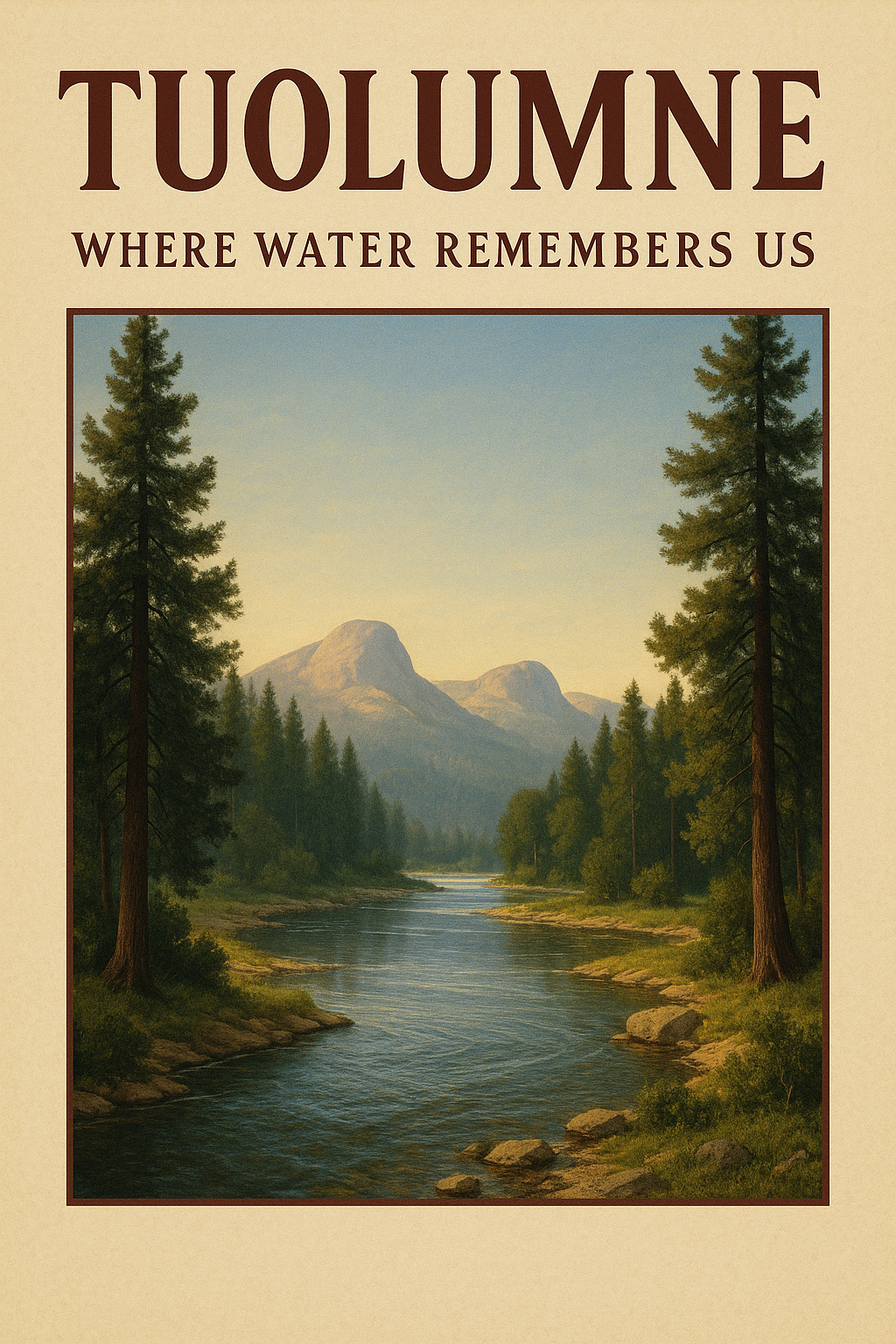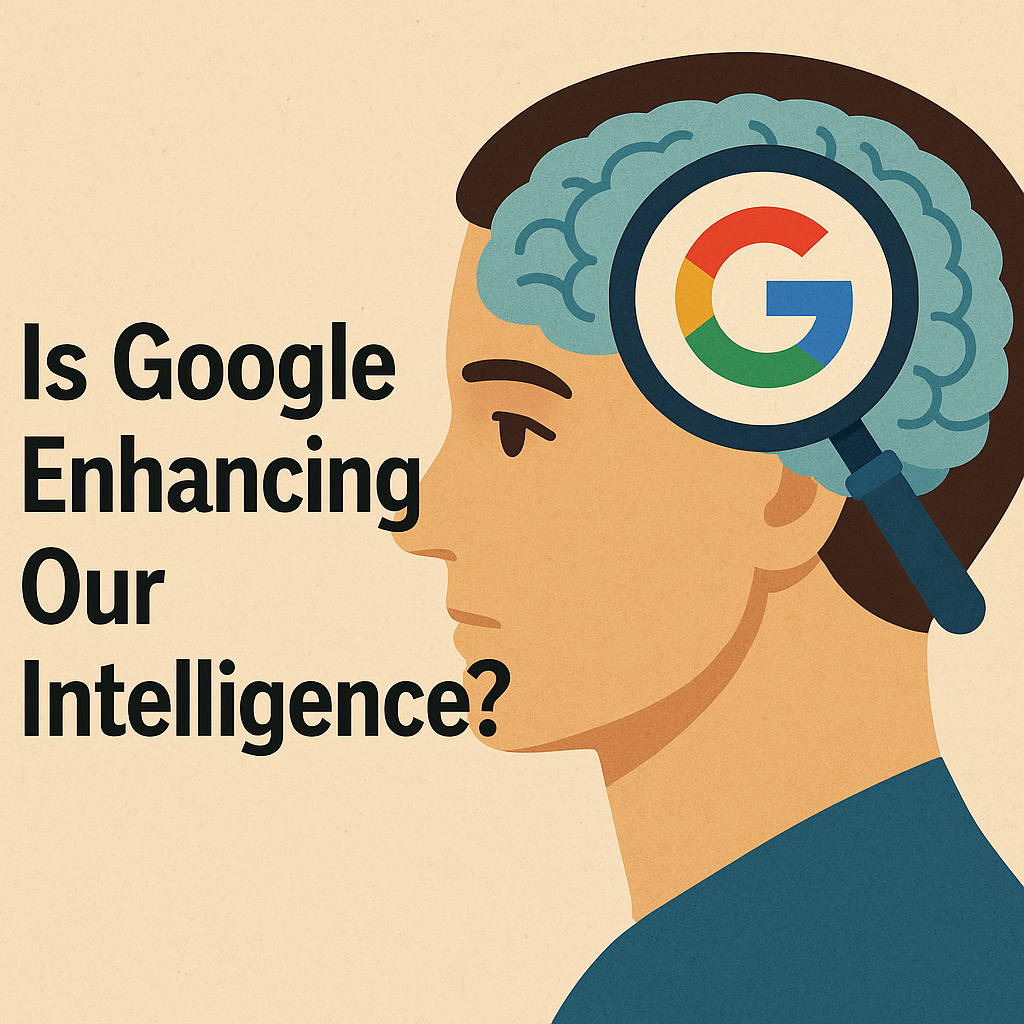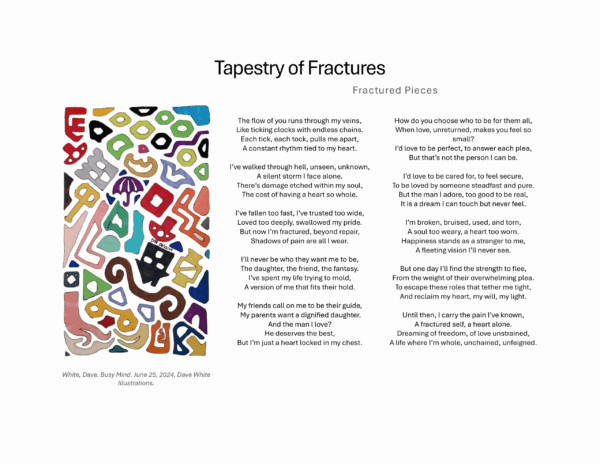Your cart is currently empty!
Mapping the Cluttered Heart

Dave White’s Busy Mind and Kiana Jimenez’s poem Fractured Pieces meet at the crossroads of chaos and confession. The illustration scatters bright, irregular shapes across the page—keys, faces, symbols, and empty islands of white—each a flash of thought, memory, or demand. It’s beautiful and jarring: color used as motion, form used as tension.
The poem answers that visual with a voice worn thin by expectation. Fractured Pieces speaks of being pulled in a dozen directions—daughter, friend, lover, guide—until the self splinters. The poem’s lines read like the jagged edges in the drawing: sharp, honest, impossible to smooth without reshaping the whole. Where the image shows clutter, the poem names the weight—shame, duty, longing, and the yearning to be free.
Together, illustration and verse form a map of a mind under pressure. The gaps between shapes become emotional voids; the overlapping symbols become demands that never stop. But within both art and poem, there is a promise: recognition. To see the fragments is the first step toward gathering them—carefully, slowly—into a new, truer whole.
Read this pairing as a quiet reckoning: an invitation to notice the pieces you carry, to stop answering every call that fractures you, and to begin—one trembling stitch at a time—reclaiming what belongs to you.
Tapestry of Fractures
A digital download pairing Busy Mind (Dave White) with Fractured Pieces (Kiana Jimenez): an abstract, compassionate reflection on mental clutter, expectation, and reclaiming the self.
25 in stock
Discover more from Poetic Bipolar Mind
Subscribe to get the latest posts sent to your email.
-

Tuolumne: Where Water Remembers Us
A river becomes more than water in Deborah A. Miranda’s memoir—it becomes ceremony, inheritance, and the quiet bridge between a father and son. In “Tuolumne,” healing flows without words, carrying memory, grief, and the sacred pull of nature’s embrace.
-

Privacy Rights in the Technological Age
In a world increasingly defined by digital footprints, privacy is both fragile and essential. This reflection considers how technology reshapes autonomy, surveillance, and freedom in modern life. Exploring the tension between convenience and control, it calls us to rethink privacy not as a luxury, but as a human right.
-

Is Google Enhancing Our Intelligence?
Is Google expanding our minds or reshaping how we think? This essay explores whether constant access to information makes us more intellectual or more dependent. By examining memory, attention, and critical thinking, it asks if the digital age is sharpening our intellect—or quietly rewriting it.


Leave a Reply